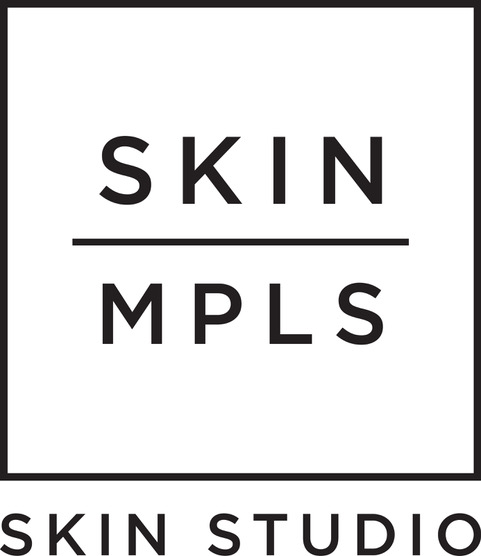Is A Chemical Peel Right For You?
In an era where new lasers and procedures are constantly emerging, chemical peels remain a staple of facial treatment menus. Ask any "skinthusiest," and they will likely confirm that they love a good peel. But what does that mean for you? Could they have a negative impact on your skin, and is your skin's barrier ready for a chemical peel? We have the answers to that and more!
What is a chemical peel?
Chemical peels are a professional treatment during which topical acid exfoliants are applied to the skin to intentionally injure the outer dead skin layers so that they "peel" off. Stimulating this cell turnover helps restore the skin to a healthier, resurfaced appearance because the skin below is fresher, smoother, and brighter. And while you know our homecare products are effective and contain acids, still, most everyone can benefit from skin treatments that do a little more heavy lifting from time to time.
Who can benefit?
Chemical peels are among the most dynamic of skincare modalities, as they work for all skin types and most skin conditions, including acne, scarring, aging, and discoloration. However, it's essential to work with an experienced professional who knows the type of peel that pairs best with your skin's needs, as people have had experiences that left them scarred, both literally and figuratively.
Some believe they have sensitive skin and are afraid of anything too "harsh," but even sensitive, reactive, and dry skin can use peels as part of a comprehensive treatment plan to aid in rebuilding and strengthening their skin. And finally, some people are just scared of the words "chemical" and "acid." However, the alpha and beta hydroxy acids that comprise chemical peels are derived from everyday ingredients, and nearly every person can find one that is a suitable choice for their skincare goals.
Do I have to peel?
Not all chemical peels cause visible skin peeling. And many of the peels one would receive in a facial treatment create no to mild flaking. Gentle peels are ideal for clients who don't want to disrupt their daily life or home care regimens. However, if you truly want to resurface the skin, you must significantly slough off your current skin, meaning that stronger peels are worth the time it takes to recover for the results you're looking to achieve.
There are various acids used in chemical peels, and these acids are applied in varying strengths to achieve the desired result. The peels that are intended to cause significant flaking and shedding have higher concentrations of more potent peeling agents. With these types of peels, you can expect downtime, and it's best to work with your aesthetician to determine if it's the right time for your schedule and skin.
Is a peel right for me?
As we mentioned, nearly every person can likely find a peel that will benefit their skin. Your aesthetician will recommend and thoroughly discuss whether a peel is the correct choice for you. Although we're big fans of chemical peels, we never perform them during your first visit. We wait until we know your skin, its condition, and how it responds to skin treatments before recommending peels. Additionally, if your skin is dry or compromised, we will likely recommend that you spend more time nourishing your skin before undergoing any chemical peels. Skincare health philosophy has always been about barrier support and hydration for your skin, so doing too strong a peel might further compromise your barrier if your skin wasn't in a healthy starting condition.
The more prepped your skin is from your home care, the more predictable your desired result will be. Peels are great, but they are still second to the most critical piece: your home care routine. A good aesthetician will be in tune with your home care and skin, before "slapping on a peel."
Unfortunately, some higher-strength peels are performed on first-time clients in some places, even by dermatologists. This is where the majority of adverse outcomes originate, which is why chemical peels can sometimes have a bad reputation and why people are apprehensive about them. Without truly knowing someone's skin, it's impossible to predict how it will react. We always recommend working with a trustworthy, knowledgeable, and licensed provider.
